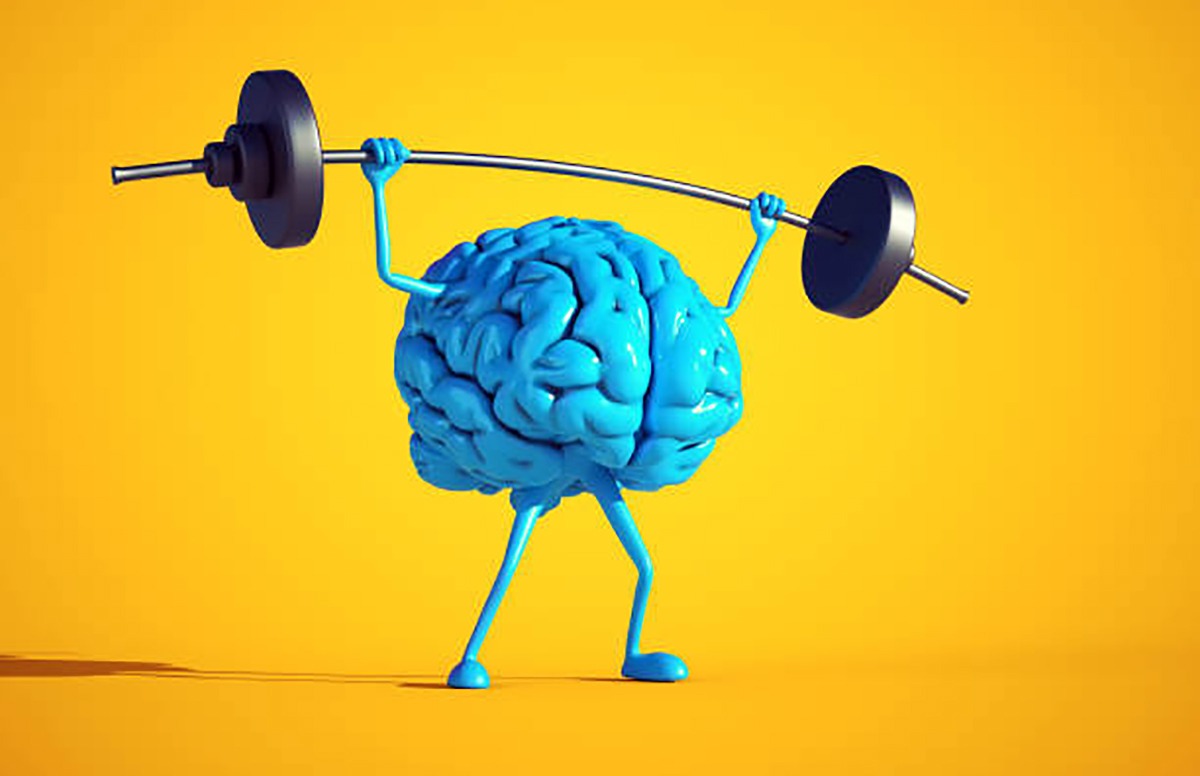The brain is arguably the most complex organ in the human body and is recognized as the body’s command center, influencing every aspect of a person’s life.
The World Health Organization (WHO) describes brain health this way: Brain health is the state of brain functioning across cognitive, sensory, social-emotional, behavioral, and motor domains, allowing a person to realize their full potential over the life course, irrespective of the presence or absence of disorders.
Optimizing brain health by addressing determinants not only improves mental and physical health but also creates positive social and economic impacts, all of which contribute to greater well-being while helping to advance society.
Brain health can be affected by age-related changes in the brain, injuries such as stroke or traumatic brain injury, mood disorders such as depression, substance use or addiction, and diseases such as Alzheimer’s disease.
While some factors affecting brain health cannot be changed, there are many lifestyle changes that might make a difference.
Small Changes have High Impact
A growing body of scientific research suggests that following the lifestyle steps addressed below, are linked to cognitive health. Even small adjustments may positively impact brain health, cognition and possibly reduce the risk of Alzheimer’s disease.
- Manage your Physical Health
- Get recommended health screenings like breast & prostate exams, bone density testing, and colonoscopy screening.
- Manage chronic health problems like diabetes, high blood pressure, depression, and cholesterol.
- Consult regularly with your primary doctor or pharmacist and ask them to conduct a ‘medication evaluation’ on the medicines you take to avoid unwanted side effects and decreased efficacy after prolonged use.
- Limit excessive alcohol use (especially if taking various medications that may be dangerous if mixed with alcohol).
- Get ample sleep. 7-8 hours is the recommendation for older adults.
- Prevent/Control High Blood Pressure
- Preventing or controlling high blood pressure not only helps your heart but impacts your brain too.
- Decades of observational studies have shown that having high blood pressure in midlife; increases the risk of cognitive decline later in life.
- Eat Healthy!
- A healthy diet of fruits, vegetables, whole grains, lean meats fish & poultry, low-fat or nonfat dairy products combined with limited solid fats & sugars – are ALL ways to reduce the risk of many chronic diseases such as heart disease or diabetes while also benefitting your brain health.
- Manage portion control at mealtime.
- Stay Hydrated! Maintain a robust hydration routine, ideally by drinking plain or fortified water and herbal tea.
- Adding lemon, lime, cucumber, mint, basil or ginger to water or tea, gives those beverages an added vitamin & mineral boost that brings even more benefit to your body-wellness.
- Stay Physically Active
- Being physically active through regular exercise, household chores or other activities that keep you moving, has a variety of proven benefits like improving strength & balance and giving you more energy.
- Staying active can perk up your mood and reduce depression while also preventing or delaying heart disease and diabetes.
- Studies link ongoing physical activity with benefits for the brain and overall cognition.
- Keep Your Mind Engaged
- Remaining intellectually engaged may benefit the brain
- Studies note that people who engage in personally meaningful activities such as a favorite hobby or volunteer work, say they feel happier and healthier.
- Lots of activities can keep your mind active. Like reading books and magazines regularly, learning a new skill or hobby, playing cards, dominoes or doing puzzles.
- Stay Social!
- Connecting with other people through social activities and community programs can keep your brain active and help you feel less isolated and engaged with the world around you.
- Participating in social activities may lower the risk for some health problems while improving overall well-being.
- People who engage in personally meaningful activities with others tend to live longer while boosting their mood and having a sense of purpose.
- Manage Stress
- Although stress is a natural part of life, prolonged and chronic stress can change the brain, affect memory and increase the rise for Alzheimer’s disease and other related dementias.
- Managing stress through regular exercise, journaling, mindfulness, and a positive attitude are encouraged.
Although it’s normal to be a little more forgetful as we age, difficulties with cognitive function such as dementia and mild cognitive impairment (MCI) are more serious and certainly not a normal part of aging.
Keep in mind, what’s healthy for the heart and body has brain-health benefits as well. Cognitive health is the ability to clearly think, learn and remember. All of which are important components of performing every day activities.
Be kind to your brain!



